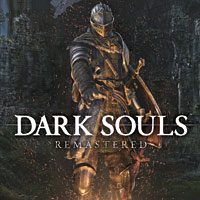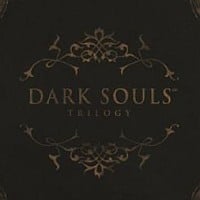Don't you dare go hollow. The Comforting Dying Simulator - Original Dark Souls Turns Ten Years Old!
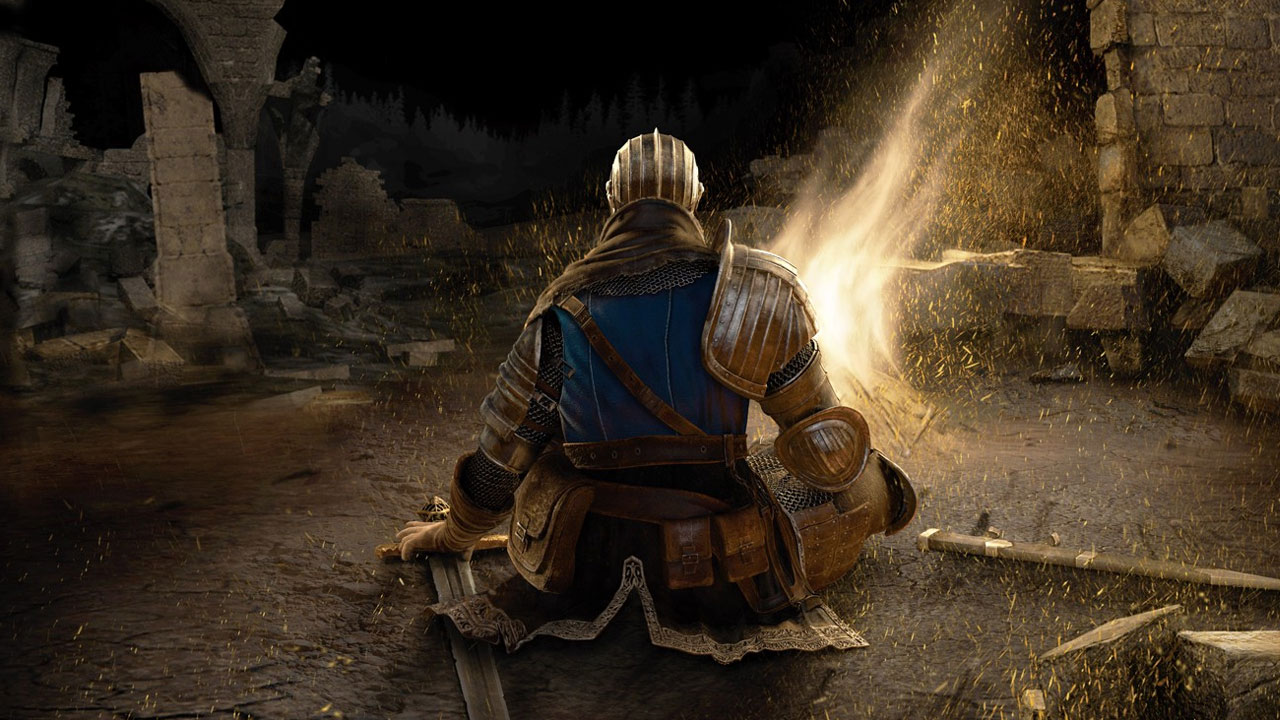
- The Comforting Dying Simulator - Original Dark Souls Turns Ten Years Old!
- Darkness of souls, light of bonfires
- Don't you dare go hollow
Don't you dare go hollow
Others note another positive aspect of the game: the fact that it does not make the protagonist the narcissistic center of the universe. Sure, we are ultimately the ones who extend the Age of Fire or begin the Age of Darkness, and we are the Chosen Undead – but Lordran never seems to care about that. The protagonist doesn't seem predestined for greatness – they are simply the one Undead who never gives up (unless you do). NPCs generally disregard you, but if you help someone along your path or simply talk to them, you will often receive not only a task, new skills or items, but also words of encouragement, so rare in this land. Andre of Astora tosses us a goodbye: "Don't get yourself killed. Neither of us want to see you go hollow." Rescued in Blighttown, Laurentius ends conversations with: "Be safe, friend. Don't you dare go Hollow." That last phrase, by the way, has become a surprisingly uplifting slogan for a community that many tend to associate with the elitist "git gud."

This text does not focus on the online game component, but it cannot be ignored. Interacting with other players is a big part of the Dark Souls experience, but it also has two aspects. On the one hand, there players invading your world, and mischievous individuals tend to leave messages whose sole purpose is to make you jump into an abyss or plunge head-on into a group of enemies unprepared. On the other hand, however, strangers can come to the rescue and aid you in boss battles, and you can do the same. And since the game only allows these interactions to happen with limited communication and without the ability to establish a long-lasting cooperation, you can realize how many people from the community are ready to selflessly lend a helping hand. In times of utter hopelessness, a hand extended by a complete stranger can work wonders.
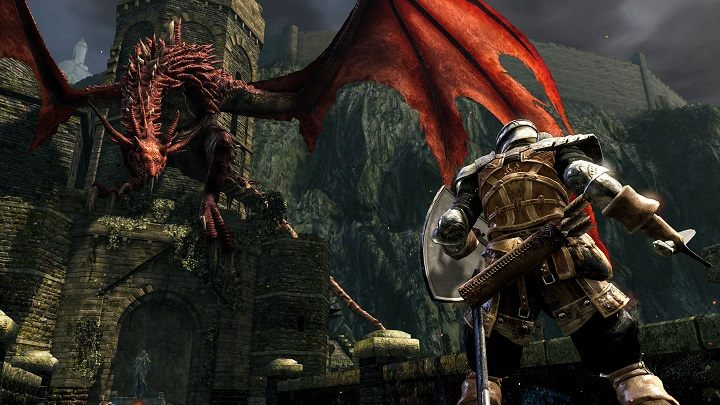
And even if all of this doesn't convince you that Dark Souls can be a reassuring experience, it still can at least provide a distraction from the problems of the real world. This escapist aspect should by no means be underestimated – after all, it is a key ingredient of interactive entertainment for many gamers. Here, again, Dark Souls – along with it the entire soulslike genre – has more to offer to those, who are going through a rough patch. These games simply absorb all the attention, leaving little room for random thoughts.
I can imagine playing FIFA and listening to an audiobook at the same time, or playing a podcast while messing around in Grand Theft Auto. What I cannot imagine is listening to radio while traversing the worlds created by FromSoftware. Both during combat and as you explore the world, trying to piece the opaque lore together, games like Souls or Bloodborne require complete attention. Let yourself be distracted even for a moment, and you will certainly miss a shortcut or an item – in the best case. At worst, you'll be butchered by a group of rats. In addition, the only moments of fully safe respite are near the bonfires, which are generally few and far between, and then, you cannot pause the game. From the moment you start the game until the end, you must give Lordran your full attention.
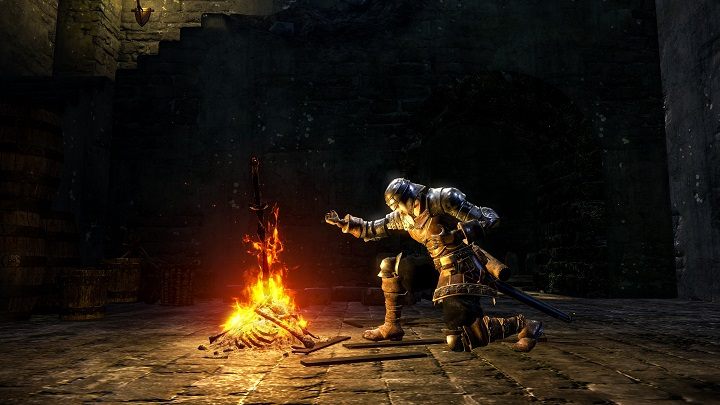
The inability to pause, the severe penalties for losing focus even for a moment, and the need to perfectly execute dodges and attacks promote escapism for anyone looking for it, but they can also be insurmountable obstacles for others. For example, players with attention deficit hyperactivity disorder (widely known as ADHD) have trouble focusing on a single task at a time and controlling their reflexes – and in the world of Dark Souls, these are deadly weaknesses. Interestingly, however, some of those affected by such disorders, who decided to complete the game at all costs, claim that it helped them overcome these shortcomings. Admittedly, no one can cure attention deficit or hyperactivity with FromSoftware games, but even slightly offsetting their impact during gameplay is a huge success.
I don't know to what extent the experiences of a dozen or so players who have shared their personal, often painful stories of Dark Souls adventures resonate with a wider audience. I only discovered this extra layer of meaning during the first wave of coronavirus. For some reason, I felt an urge to return to the previously abandoned Dark Souls – and thus, in some very limited way, I was able to understand the therapeutic quality of this game. Indifferent to my efforts, depressing, yet beautiful and soothing, Lordran became a refuge for a time of extreme instability related to worries about the financial situation, work, health, friends or housing. It allowed me to take a breather from the real world, relish moments of triumph and find layers of hidden determination. So, knowing that I'm probably the first and last person to use that phrase without an ironic undertone... thanks, Dark Souls.
